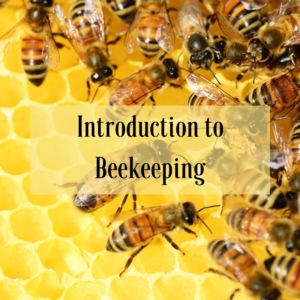Take a bite out of a succulent Georgia peach. Enjoy a tall, cool glass of orange juice with breakfast. Taste the sweet mess of a watermelon at your next picnic. Now thank the honeybee for all of the hard work she has put into pollinating one third of all of the food crops that we consume in the United States.
Honeybees are an essential part of our ecological sustainability. Honeybees, however, are disappearing at an alarming rate. One way to help honeybees make a comeback is through “backyard beekeeping,” according to apiculture educator and master beekeeper Dr. Vincent Aloyo, who will be teaching the returning Introduction to Beekeeping noncredit course during the spring semester.
Introduction to Beekeeping will inform potential beekeepers of the joys and responsibilities of successful beekeeping. The course will be held from 11 a.m. to 3:30 p.m. on Saturday, January 27, Sunday, January 28, Saturday, March 23 and Sunday, March 24. Register online here.
During the first weekend, students will learn about apiary location requirements, how to obtain bees, essential equipment as well as important aspects of honeybee biology. This early start allows students to choose and order their beehive and bees at a time when they are readily available. During the second weekend, closer to the time that participants will obtain their bees, Aloyo will discuss how to start and care for a new bee colony. Additional topics include seasonal management, important sources of nectar and pollen, honey production and harvesting.
